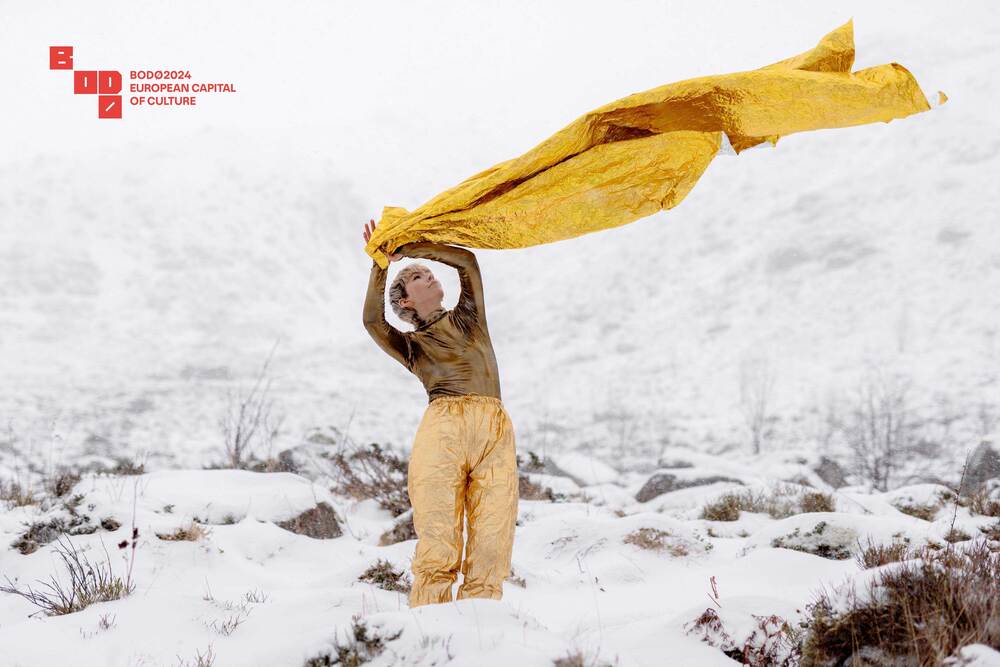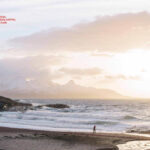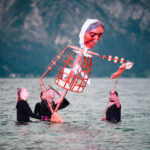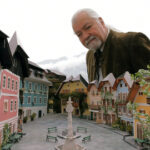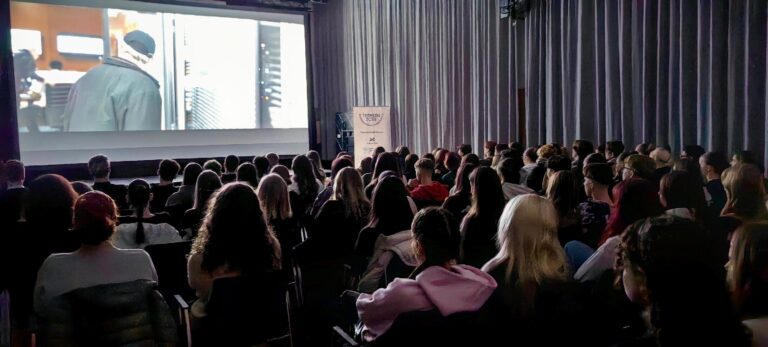In 2024, the title of European Capital of Culture will be held by three cities: the Austrian region of Salzkammergut, the Norwegian city of Bodø, and the Estonian city of Tartu. What are these places? Do they have something to offer to Trenčín?
Bodø is the first city beyond the Arctic Circle to be awarded the title of European Capital of Culture (ECOC). The Bodø 2024 team states that the Nordland region, to which the city belongs, is like Norway in miniature. Bodø is also one of the fastest-growing cities in Norway, located on the coast of the Norwegian Sea, surrounded by mountains, and excellent for observing the Northern Lights in winter.
While it may seem very distant to us, Bodø shares not only a similar population size with Trenčín but also a common theme—the military history of the city. A significant portion of Bodø’s territory was occupied by a NATO military base. Soldiers and their families constituted a substantial part of the city’s population, forming connections with the locals. After the closure of the base, Bodø reflects on how this part of history influenced the city. In collaboration with Bodø, we will also explore our response to a similar question.
A crucial element of Bodø 2024’s program is the culture of the indigenous Saami people (Laplanders). On its website, Bodø 2024 states, “Right now, the rights and history of indigenous peoples are a hot political topic, so placing a decisive emphasis on it as the European Capital of Culture has a redemptive and reconciling effect.” The gates of the European Capital of Culture will open at a ceremonial event held at sea in the first weekend of February. For more information, visit www.bodo2024.no.
Author: Dan Mariner
Achievement in our southern neighbors
For the first time in the history of European Capitals of Culture (ECOC), this title will be carried by 23 municipalities embraced by the Alps. The picturesque alpine region of Salzkammergut with crystal-clear lakes is not unfamiliar to tourists from Slovakia. The spa town of Bad Ischl breathes history, where Emperor Franz Joseph used to spend his summers. One of the 23 municipalities is also the tourist magnet, the town of Hallstatt, with the world’s oldest continuously operating salt mine.
Salzkammergut certainly does not lack visitors. The European Capital of Culture project aims to further “season” the region. Their playful slogan says, “Kultur is das neue Salz” (translated – Culture is the new salt).
One of the program lines explicitly focuses on travel – how to develop it qualitatively and sustainably, and whether this region can be interesting beyond tourism. In Austria, the program also pays attention to traditions. They explore what has influenced traditions, and in the program line “Culture in Motion” they emphasize that culture is constantly evolving. You can experience the opening ceremony in Bad Ischl on January 20, 2024. Learn more at www.salzkammergut-2024.at.
Photo: archive Salzkammergut 2024
The oldest city in the Baltics has many distinctions
Tartu, with 100,000 inhabitants, is the largest of the trio of European Capitals of Culture for 2024. It is the oldest city in the Baltics and the second-largest city in Estonia, playing a fundamental role in the cultural development of the country. Thanks to the most prestigious university in the country, which ranks among the oldest in the world, Tartu remains a significant cultural center. The city’s vibrant atmosphere is contributed to by numerous students from all over Estonia and abroad.
Tartu surprises with its ability to blend the old and the new, cleanliness, and emphasis on ecology; sauna enthusiasts will feel like they are in paradise. We share a communist past – Estonia was part of the Soviet Union. Today, the city and the region resonate mainly with a sense of belonging to Europe and democratic values. The title of European Capital of Culture is shared by Tartu with the southern region of Estonia. The program, and even the opening of the title year, will take place in multiple cities. The opening ceremony will fill Tartu with culture on the last Friday of January; learn more at www.tartu2024.ee.
Photo: Archive Tartu 2024
We’ll introduce the cities more on our social media Trenčín 2026.
